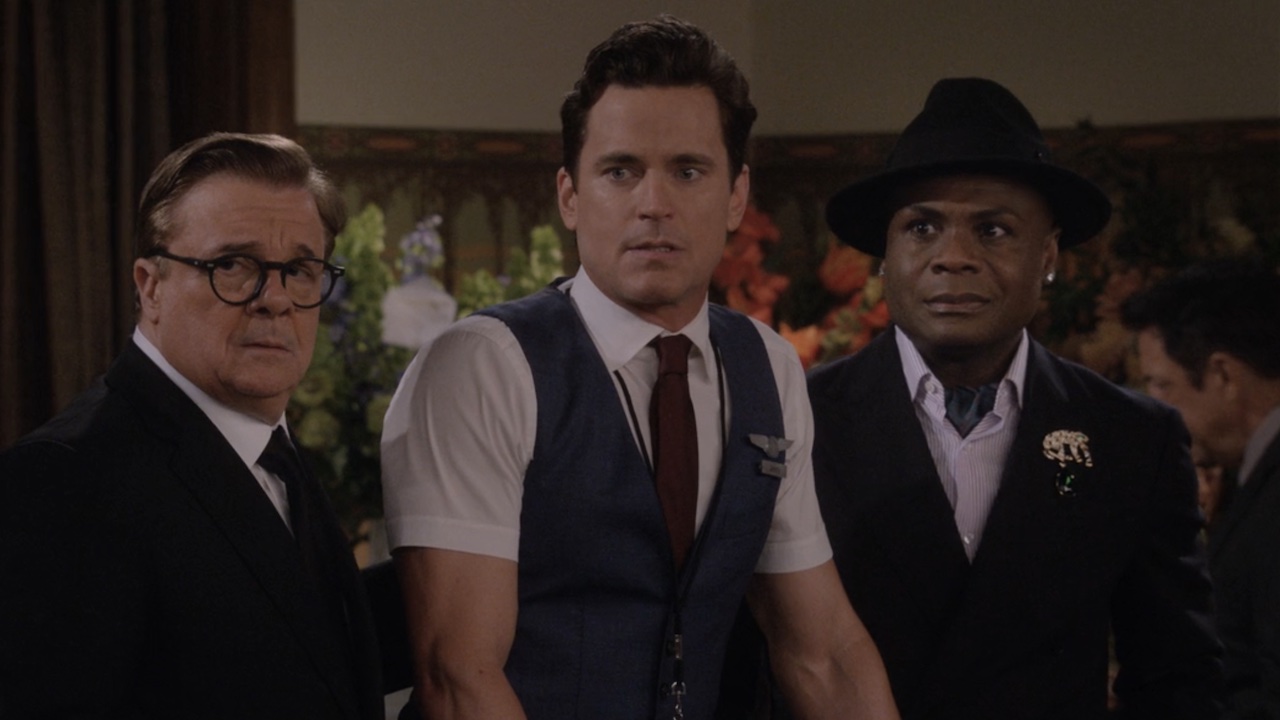Sidney Poitier: 6 Fascinating Things To Know About The Oscar Winning Actor
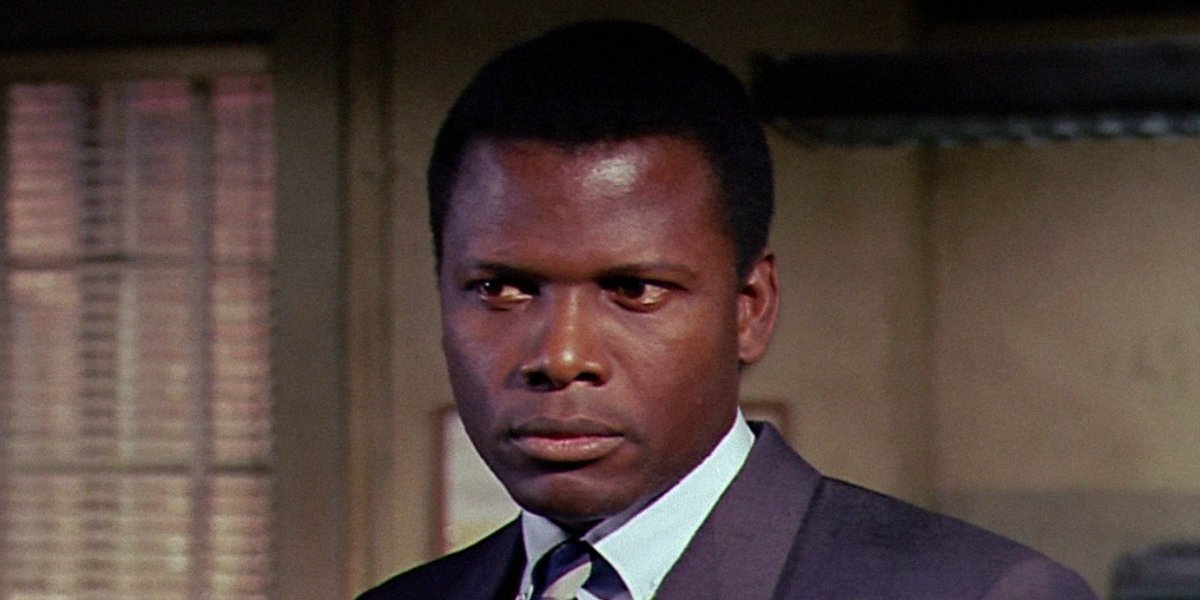
Many prefer to ignore one of Hollywood’s darker legacies, in which actors of color were constantly subjected to poor stereotypes and simply egregious misrepresentations of race. Fortunately, times have changed for the better and the work of Sidney Poitier is a key ingredient to that progress.
After becoming the first black man to receive an Academy Award for Best Actor in 1964, Sidney Poitier continued to make history in films that challenged racial tensions of the era. Most notably, he played a defiant Philadelphia detective investigating a Mississippi murder in Best Picture Oscar winner In the Heat of the Night and a doctor seeking the approval of his fiancee’s white parents in Guess Who’s Coming to Dinner, both of which were released in 1967. The Bahamian-raised performer also endured a career in producing and directing amidst continuing to star in projects of a great variety until his retirement in the early 2000s.
You may know his name and his work, but what more do you know about Sidney Poitier? Perhaps these six intriguing, lesser-known facts will shed light on the inspirational man behind his aspirational career.
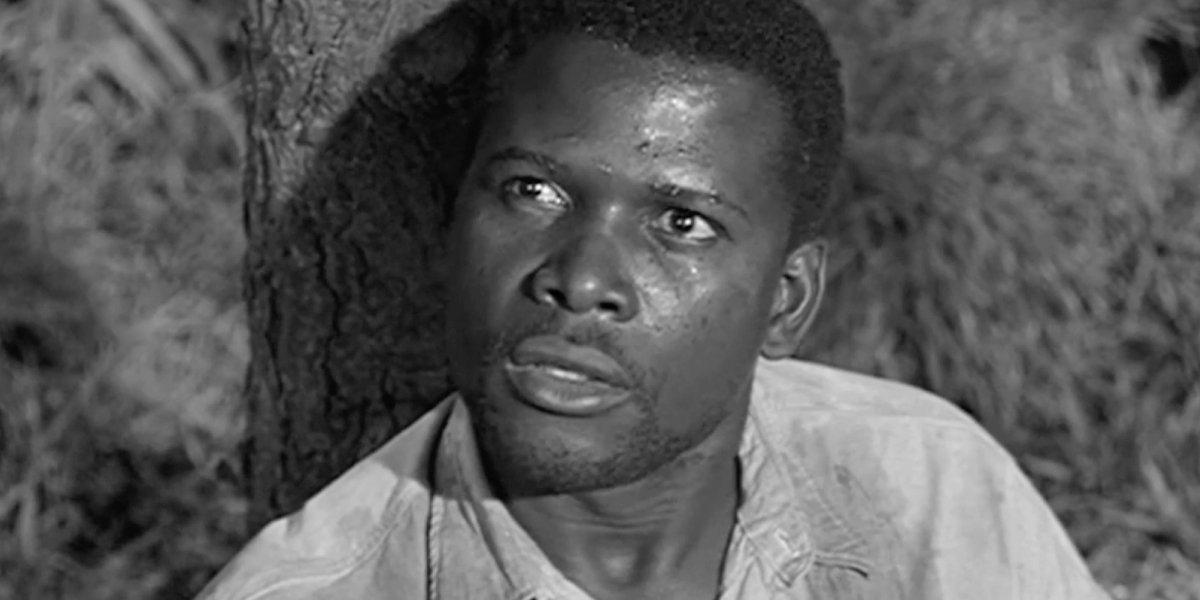
Sidney Poitier Had No Precedent Of Discrimination Before Coming To America
Although born in Miami, Florida, on February 20, 1927, Sidney Poitier was raised in the Bahamas and it was not until he returned to his birthplace as a teenager when he discovered the limitations forced upon people of color in the United States.
In a conversation with Oprah Winfrey, the icon credited his overcoming of "racial dogma" to his lack of awareness of, nor even belief in, those limitations, as his parents had raised him to understand his own human rights and to be "someone." Poitier would be able to channel his strong sense of identity outside of race into many of his most memorable performances, such as his Oscar-nominated role in 1958's The Defiant Ones, in which he and Tony Curtis play escaped prisoners chained to each other, forced to set aside their differences to survive.
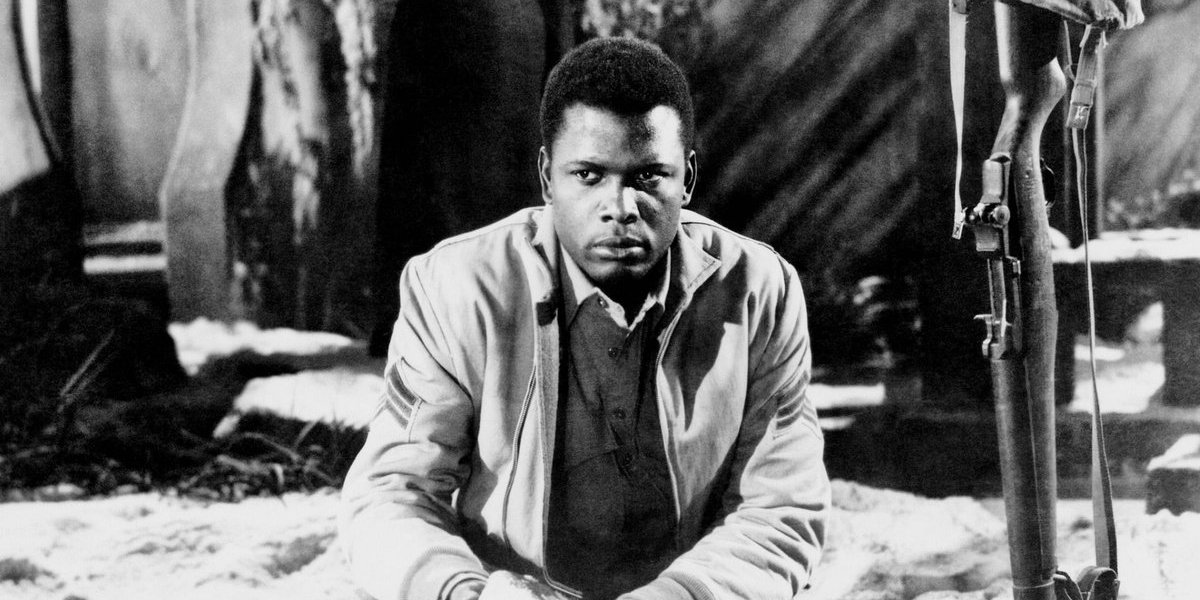
Sidney Poitier Attempted To Leave The Army By Faking Mental Illness, But Then Confessed
In All the Young Men, another film commenting on racial tension from 1960, Sidney Poitier plays a military sergeant put in charge of a squad of racist, white soldiers, but in reality, according to the book Heroes with Humble Beginnings by F.M. Kali, he did enlist in the Army in 1943 seeking a "change of scenery." Dissatisfied by his stationing at a veterans hospital, Poitier began feign "anti-social tendencies" in hopes of an early discharge, only to confess the act after he was prescribed shock treatment. His psychiatrist decided to let him go anyway, allowing him to pursue acting, during which he would continue to face even more challenges.
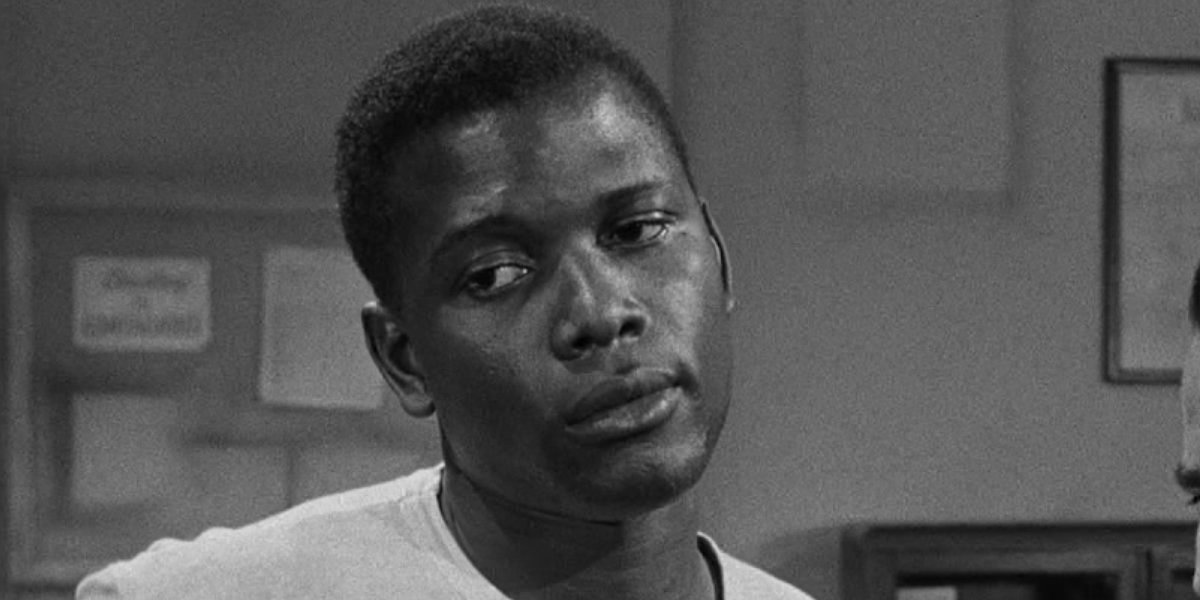
Sidney Poitier Studied Radio Announcers To Shed His Bahamian Accent
When Sidney Poitier first auditioned to be in a production for the American Negro Theater in the mid-1940s, his thick accent cost him the role and he was told by founder Frederick O'Neal he would be better off as a dishwasher, which, coincidentally, was his occupation at the time. As he recalled on The Dick Cavett Show, determined to evolve from his Bahamian dialect and prove his worth as an actor, Poitier bought a radio and observed the speech pattern of one of his favorite announcers to develop a new accent. However, when he first went back for another audition months later, out of stage fright, he accidentally "slipped back into" his natural speech, but would eventually achieve his goal and became friends with O'Neal, happy to learn he was proven wrong.

Sidney Poitier Took A Major Pay Cut To Star In Lillies Of The Field
By the early 1960s, Sidney Poitier had become a respected Hollywood star able to pursue projects that exceeded racial stereotypes, such as a role he was particularly enthusiastic about as Homer Smith, a handyman enlisted to build a desert chapel for a group of desperate nuns, in Lillies of the Field. According to Colleen McDannell's book Catholics in the Movies, Poitier agreed to star in the movie for $50,000 and 10% of the box office returns, which was significantly less than his usual salary. However, in 1964, the film would earn him an honor that no amount of money could equal to and his second Academy Award-nomination became his first Oscar-win, which was also the first Best Actor Academy award given to a black man.
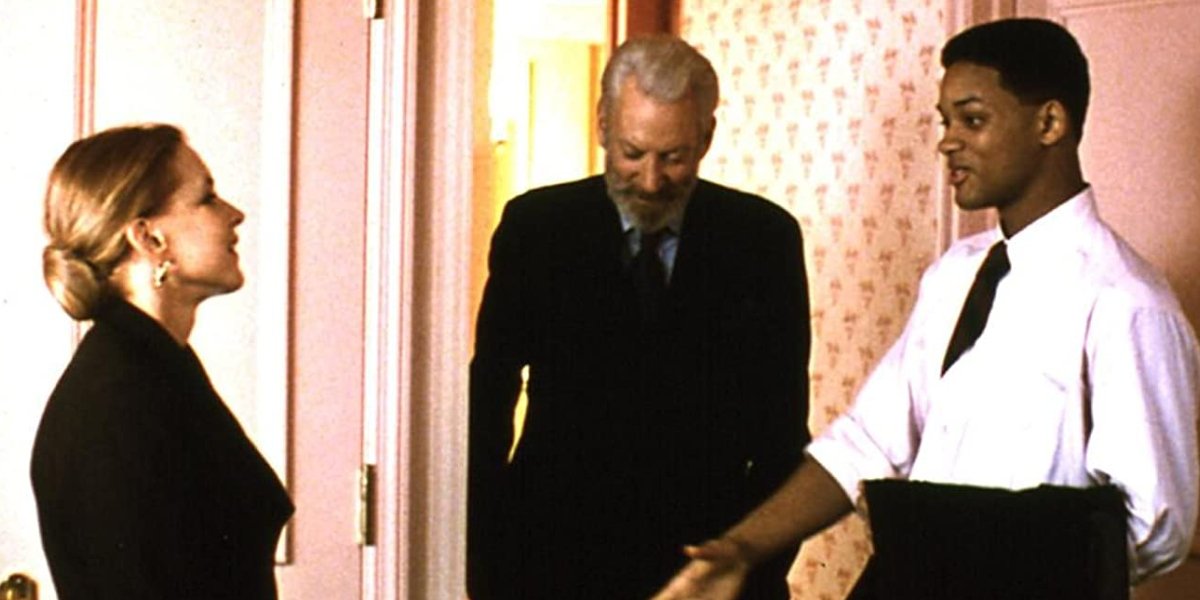
A Man Conned His Way Into Peoples’ Homes By Posing As Sidney Poitier’s Son
By the 1980s, Sidney Poitier's prestige and influence to break racial barriers was so widespread that David Hampton, a con artist in his late teens, decided to convince white, upper class New York families to let him into their penthouses by pretending to be the actor's son. The scam worked until his 1983 arrest after a host found him in the room they provided with a male street hustler, kicked him out, and reported him when he called from a payphone to apologize. The incident would inspire John Guare's stage play Six Degrees of Separation, which was later adapted a 1993 film starring Will Smith as Hampton.
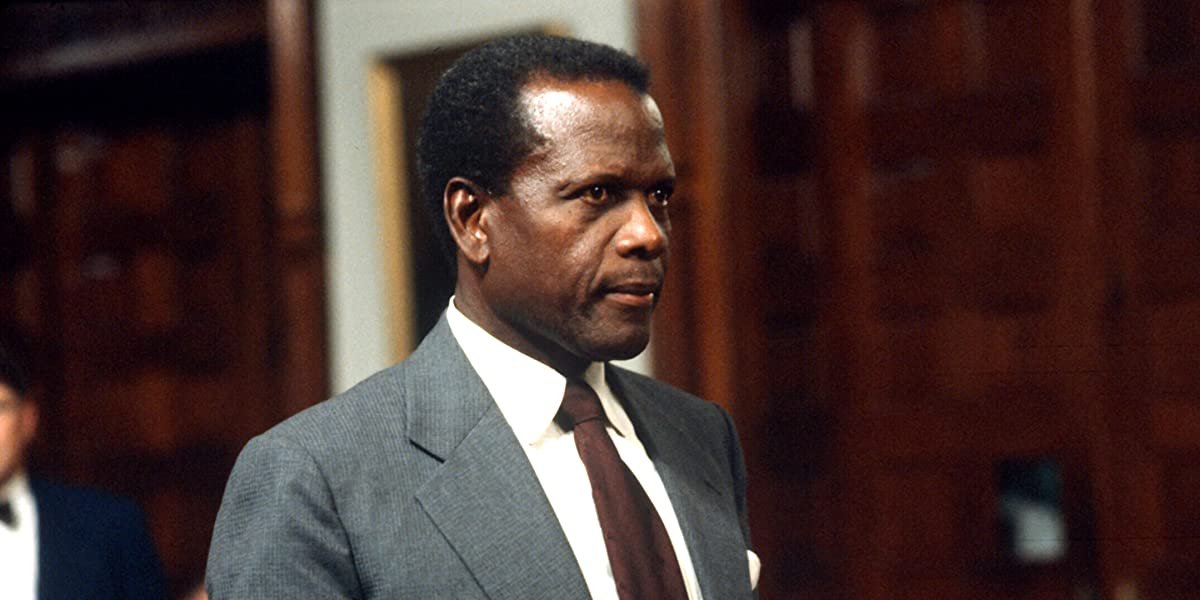
Sidney Poitier Is An Honorary Knight
Among his many titles (actor, director, author, trailblazer, to name a few), one of the lesser known titles that Sidney Poitier can claim is "knight." Indeed, he was knighted in 1974, but unlike most of those who acknowledge their knighthood with the common prefix "Sir" (i.e., Sir Anthony Hopkins), instead, the actor often uses the abbreviated suffix K.B.E., as in "Knight Commander of the Order of the British Empire." Years later, Poitier was rewarded for his artistic efforts in America with "the nation's highest civilian honor," Medal of Freedom, given to him by former president Barack Obama in 2009.
Be sure to check back for additional information and updates on Sidney Poitier and other inspirational voices, as well as more inside looks into the lives of your favorite celebrities, here on CinemaBlend.
CINEMABLEND NEWSLETTER
Your Daily Blend of Entertainment News

Jason Wiese writes feature stories for CinemaBlend. His occupation results from years dreaming of a filmmaking career, settling on a "professional film fan" career, studying journalism at Lindenwood University in St. Charles, MO (where he served as Culture Editor for its student-run print and online publications), and a brief stint of reviewing movies for fun. He would later continue that side-hustle of film criticism on TikTok (@wiesewisdom), where he posts videos on a semi-weekly basis. Look for his name in almost any article about Batman.


